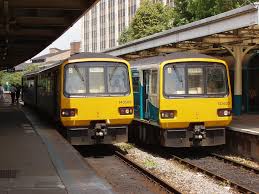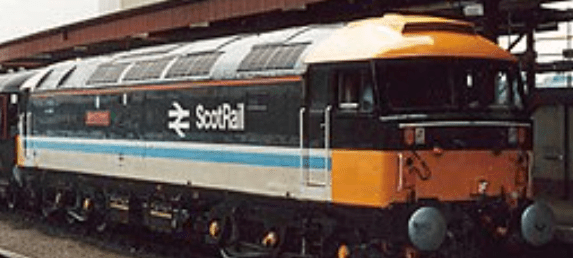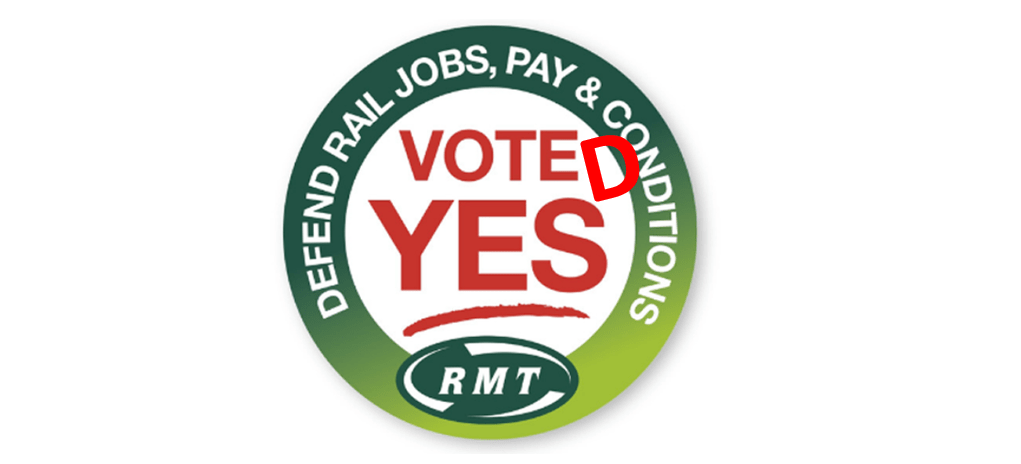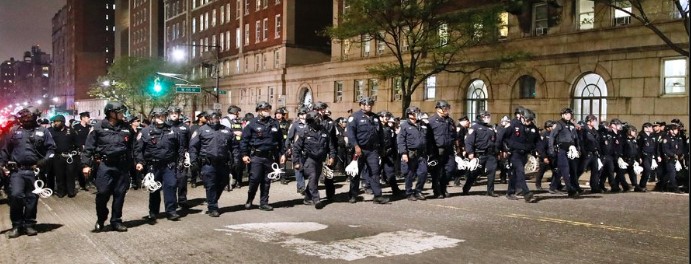By Mark Langabeer, former RMT member, retired
Railway workers have voted for strike action, threatening the biggest national rail strike for many years and certainly the biggest since the railways were privatised in 1994. A ballot of members of the largest union, the RMT, has given the union leadership a resounding mandate for industrial action.
Of 40,000 members of the RMT, 89 per cent voted to strike, on a turnout of 71 per cent, well ahead of the government’s artificial anti-strike threshold. The union balloted Network Rail members and those in around 15 operating companies that have franchises to operate services on the railways.
The strike has come about because the rail companies are being pressured by the government to cut costs, so to preserve their own profits, rail companies are aiming to cut large numbers of jobs and to make other cuts. The strike grievances, therefore, include pay – a key question, with inflation nearly into double figures – but also safety, redundancies, working conditions and the threat of driver-only operation.
The railway bosses have argued that the taxpayer is already paying £16bn in subsidies and that it would be unfair for them to pay more. But they fail to mention how much of this ‘subsidy’ ends up in the pockets of shareholders, not to mention the inflated salaries and bonuses of the CEOs in each of the fifteen operating companies.
Press will demonise rail workers as ‘greedy’
The press, of course, owned by a handful of tax-dodging and Tory-supporting billionaires, will be demonising the rail unions and will brand rail workers as ‘greedy’ because a few of them happen to be earning slightly above average wages. But as Mick Lynch points out, many of his members earn little more than £24,000 annually.
Hysterical press headlines are suggesting that a national rail strike could lead to widespread shortages of essentials in supermarkets, one headline saying that it was the biggest potential dispute since the 1926 General Strike. Headlines like these are designed to create a climate of fear and to provide an excuse for further Tory anti-union laws, although if new anti-union laws were introduced, it could become a self-fulfilling prophecy.

The Tories response to the threatened national strike has indeed been to propose a new law that effectively removes the right to strike – by imposing a legal minimal on services offered. “Minimum service levels”, saidGrant Shapps, Transport Minister, “would be a way to work towards protecting those freight routes and those sorts of things.”
The Tories are committed from their last general election manifesto, to introduce a ban on strikes in essential services, but a new law requiring workers to operate a ‘minimum service’ means that effective strikes will be outlawed. Striking might still be ‘legal’ but effective striking will be outlawed. Workers can suffer the effects of 10 per cent inflation; they can feel the biggest squeeze on their living standards in generations. But if they so much as dare to fight for decent wages, their fight will be outlawed. That is Tory philosophy.
As TUC general secretary, Frances O’Grady, commented, such legislation is aimed simply to tilt power against workers and even more in favour of the employers than it already is. Britain already has the most restrictive laws in Europe against the right of a union to take industrial action. “We will fight these unfair and unworkable proposals to undermine unions and undermine the right to strike,” she has said. “And we will win.”
RMT will ‘fiercely resist’ any new anti-strike law
Mick Lynch, the general secretary of the RMT, has promised that his union too would offer “fierce resistance” to any new laws limiting the right to strike. “Any attempt by Grant Shapps to make effective strike action illegal on the railways,” he said, “will be met with the fiercest resistance from RMT and the wider trade union movement,” he said. “The government need to focus all their efforts on finding a just settlement to this rail dispute, not attack the democratic rights of working people.”
The RMT executive will now be meeting to plan a programme of national strikes. Strike action will cause inconvenience and hardships, not least to those involved in the dispute. Workers do not take strike action lightly, because of the loss of pay it means to them.

However, there comes a time when it is necessary to defend what you do have and what you need in order to maintain a reasonable standard of living. Workers are not responsible for high rates of inflation and should be entitled to a pay rise at least in line with the increase in the cost of living.
All Labour and trade union members should support their demand for a pay rise linked to inflation. The Retail Prices Index has risen by over 11%. We should also support their demand for no compulsory redundancies. The right to work for a living wage is the minimum in a society that claims to be ‘free’ and ‘democratic’. The Tories claim that there is no money tree, but when it comes to wars and covid contracts to give out to their friends and associates, there is no end of cash.
The beginning of a ‘Summer of discontent’
Simultaneous to this national rail ballot, the RMT’s sister union, ASLEF, (mostly train drivers) has also announced a ballot for industrial action at Scot Rail, over a derisory pay offer of only 2 per cent. The general secretary of the TSSA (the Transport Salaried Staff Association, TSSA, covering station and office staff), Manuel Cortes, has warned that this could be the start of a “Summer of discontent” on the railways over pay and conditions.
We were told that it was essential to have austerity. Then came the Covid pandemic and suddenly the National Debt far exceeded even the financial crisis of 2008. It is treated as war debt and paid over a long period. The cost of living can be treated in the same manner. It’s a question of who pays? The greedy bosses want to place the burden on the backs of workers. We should support all workers who are willing and able to fight back to defend their living standards.
The natural instinct of all Labour and trade union members will be to give support to the RMT and striking rail workers, whatever the inconvenience. That support should be without qualification or question and it is an issue that should be raised in all quarters of the labour movement.



